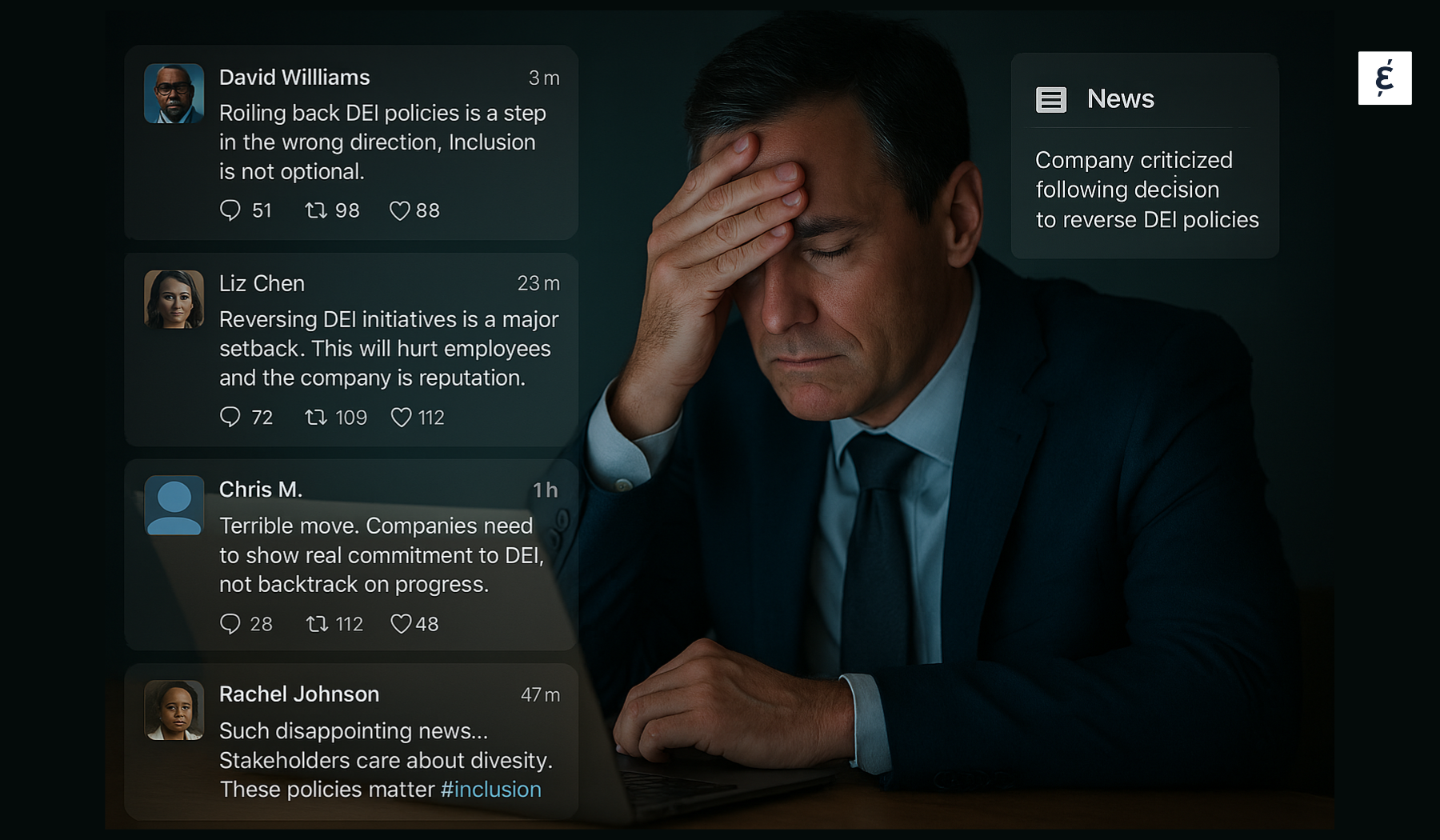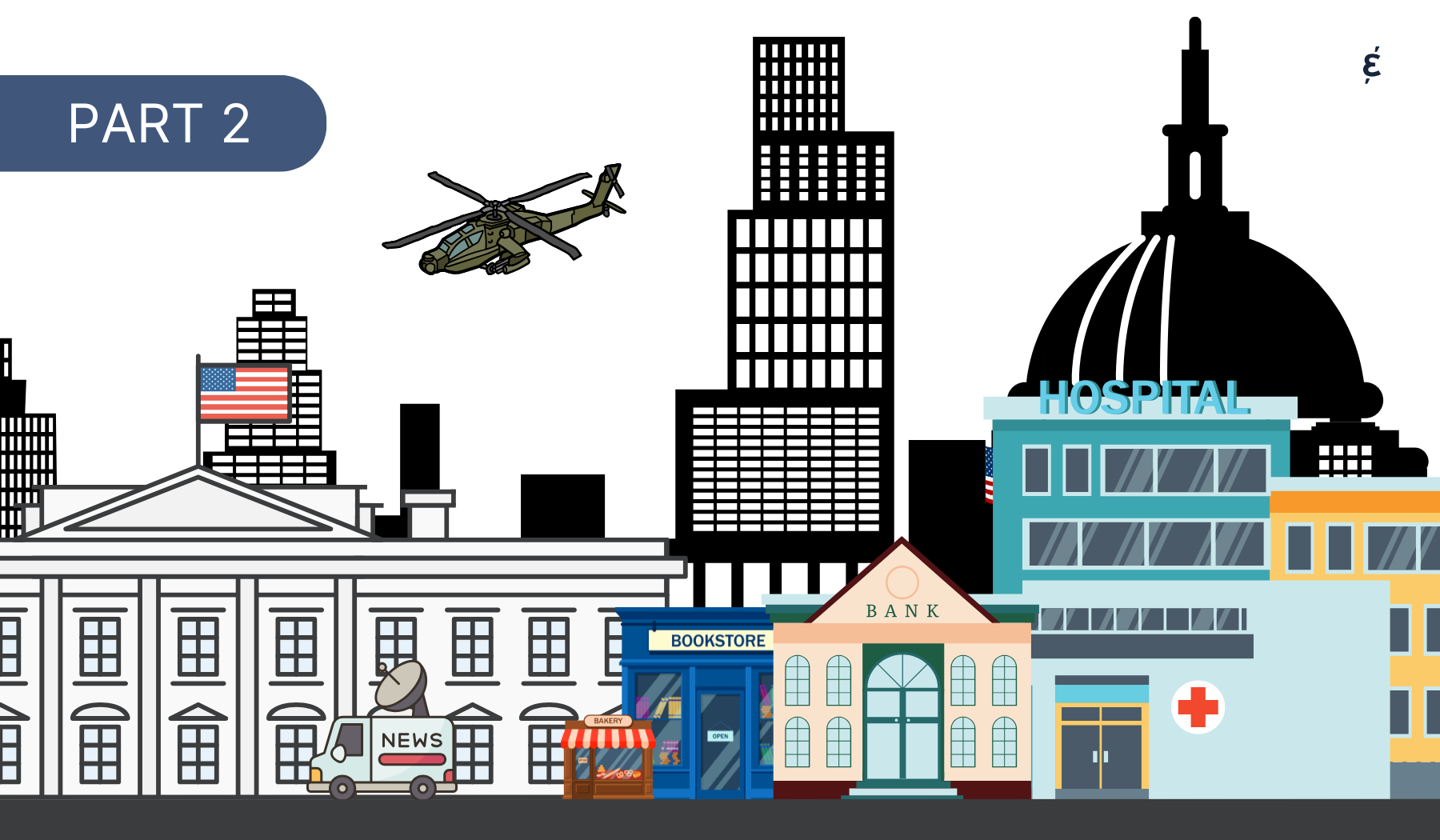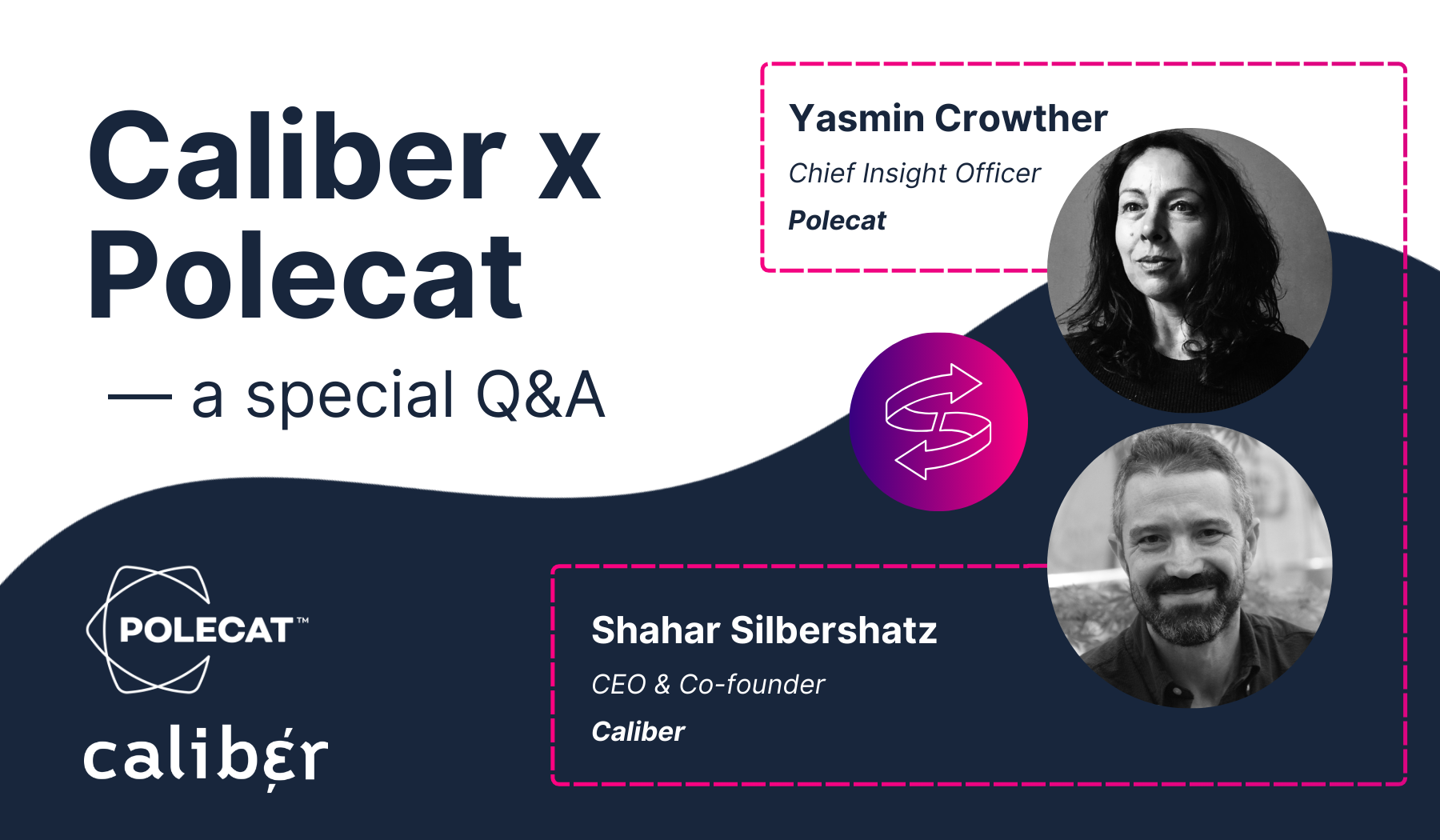

As global volatility increases, businesses are facing unprecedented challenges and navigating uncharted territory.
From debates over hybrid work to the rise of glocalized strategies, the year ahead promises a complex mix of risks and opportunities.
At Caliber, we’ve identified the key predictions for 2025 to help brands stay prepared and ahead of the curve.
With contentious debates—from tariffs and trade wars to deportation and women’s rights—increasingly a part of everyday life, companies will have to gauge whether to take a stance on controversial issues during the second Trump presidency—and listening to stakeholders will be more critical than ever.
After alienating all sides of the Israel-Hamas conflict, companies may adopt a more “silent” approach to geopolitical conflicts going into 2025 and focus on supporting employees rather than expressing overt support to any sides of the conflicts—even as pressure to take a stance on controversial issues increases.
Trump’s return to the White House is the latest chapter of the “post-truth” era. Trust is in decline, and big business sits near the bottom of the pile. But for individual companies, this represents an opportunity to stand out from the crowd—or above the fray—and to become more trusted and trustworthy, by listening to stakeholders and following through on promises.
The much-talked-about ESG backlash is increasingly forcing companies to choose between stepping back (the “talkers”) or doubling down (“the walkers”) on both ESG and DEI issues. Even with Trump’s return to office likely to dismantle regulations around these issues, companies will still need to pay attention to what internal and external stakeholders want—and act accordingly.
There will be a continued rise of “glocalization” in reputation, AKA an increasingly multi-stakeholder universe where globally distributed products or services must be adjusted to accommodate consumers in local markets. As economic glocalization grows, global brands need to be hypervigilant as to different stakeholder expectations wherever they do business.
To navigate these choppy waters, companies will have to adjust their communications to meet local demands—yet keep their messaging within defined parameters.
The debate about “flexible” or “hybrid” working will continue and get more heated, as more companies demand a return to the office five days a week (Amazon and the Washington Post are just the latest in a long list). Some companies will lose the war for talent. Others will win it, as they listen to and act on what internal and external stakeholders say they want from the post-pandemic workplace.
In the US, the debate around childcare will continue and intensify, with companies that listen to internal and external stakeholders increasingly rolling out childcare provisions to attract and retain talent.
We just had the “podcast election”—as legacy cable news media struggles to maintain reach and relevance, less traditional media channels like YouTube and podcasts will likely become even more important conduits for corporate communication, and CEOs and CCOs need to meet their stakeholders where they are—including on niche podcasts.
After realizing the massive threat of deepfakes in 2024, companies will be looking for ways to detect and mitigate AI-related threats to their reputation, finances, and security.
As businesses face an increasingly unpredictable and complex world in 2025, those that thrive will be the ones that prioritize listening to stakeholders, act with agility, and stay true to their commitments.
While challenges like geopolitical tensions, ESG backlash, and technological risks loom large, they also present opportunities for companies to differentiate themselves and build trust.
By adapting to change, and aligning actions with stakeholder expectations, brands can not only navigate these turbulent times but emerge stronger and more resilient in the process.






© 2024 Group Caliber | All Rights Reserved | VAT: DK39314320